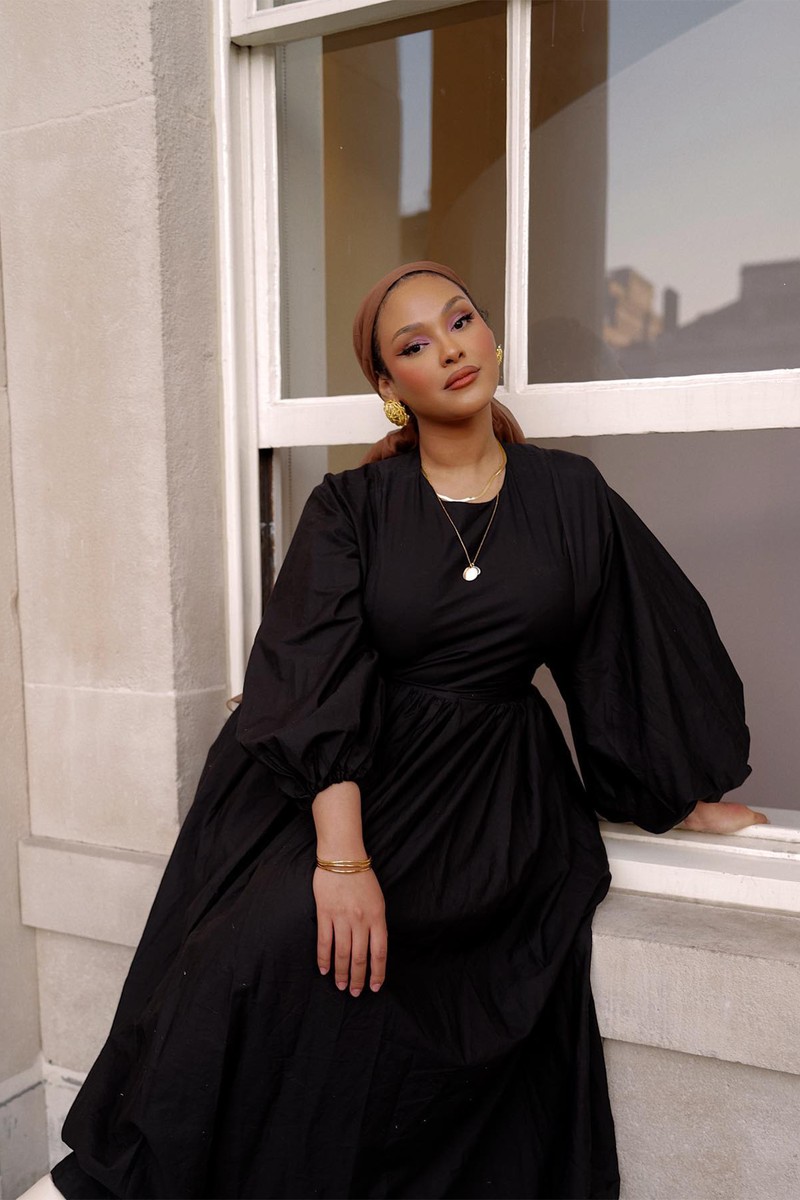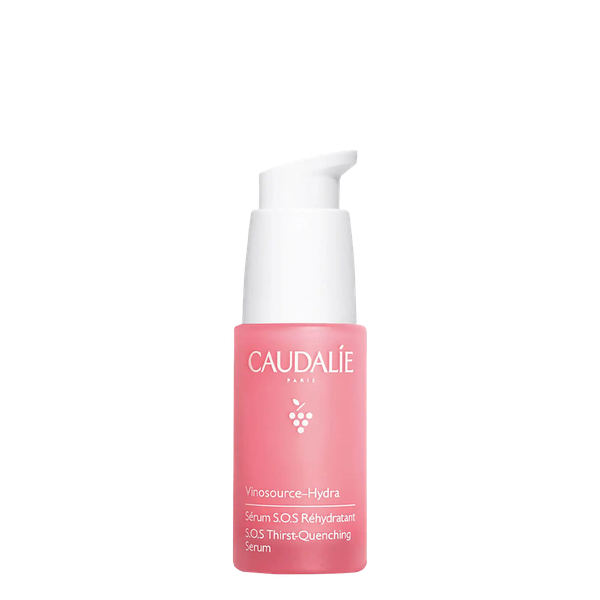How A Content Creator Prepares For & Observes Ramadan
Ramadan is the time when Muslims around the world fast from sunrise to sunset. It’s the most exciting time of the year as we get to spiritually cleanse our mind, body and soul. It deepens our connection with our creator and allows us to build good habits. Ramadan is also about kindness and being a good person. It’s about forgiving and reflecting – whether you feel like you’ve lost yourself or you’re in a dark space, it’s the time to cleanse. There’s a charitable aspect, too – we’re fasting to be closer to God, but to also empathise and give back to people less fortunate.
My connection to Ramadan has deepened over the years. When I was younger, my mother worked at the mosque, so I spent each day handing out food and spending time with friends. Now, as an adult and mother, I have a deeper appreciation. I enjoy setting an example to my kids and creating our own family traditions. We try to cut out bad habits to make ways for good ones; for example, we ditch reality TV to learn about Islamic history together instead. We also have an Islamic advent calendar I bought from Etsy which is filled with treats or small toys for the kids.
Before the month begins, I spring clean the house and stock up on food and vitamins for the family. Food is topped up weekly, but I make sure we have lots of avocado oil, olive oil and other healthy fats to choose from. My mother and I batch cook samosas (about 300) which we freeze and then eat throughout the month. I also stock up on collagen as I like to add a spoon to a big pitcher of water to help with hydration outside of fasting hours. Plus, last year I tried taping my mouth shut at night to help lock in hydration (a viral beauty hack) so I’ll implement that again. It’s particularly helpful if you’re a mouth-breather as it can retain water, which helps during the fast.
Suhoor is the morning meal we eat before the sun comes up during a day of fasting. I tend to eat protein-heavy meals, paired with healthy fats and fruits and veg, to help with energy throughout the day. Sugary foods like cereals don’t work as they don’t fill you up. Lots of people eat fruit for suhoor, but I like to eat protein pancakes or eggs with a collagen coffee. It can be tricky when you’re eating at 4am, but a good breakfast will see me through the day. I also drink two big jugs of water before going back to sleep.
When you’re fasting, taking breaks is important. It’s also key to regularly check in with yourself to see how you feel, and let your workplace know you are fasting so they can keep it in mind and prepare a suitable prayer area for you to use. I tend to avoid tasks that could easily exhaust me – for example, I avoid long phone calls or doing anything too strenuous. The first week can be tough but it does get easier.
Iftar is the evening meal that breaks the fast. I start the prep about an hour before and zone out in the kitchen with a podcast. I burn some bakhoor (which is like incense) to stop me feeling nauseous and start preparing the food with my husband. It’s a time to create a special meal – not just throw ingredients together – and appreciate breaking bread between family and friends. We usually start with soup followed by salad and chicken or salmon with rice or mashed potatoes. Dessert could be anything from cookies to protein brownies. We usually go for a walk afterwards to aid digestion.
As a woman, you don’t fast on your period. Some women like to make up their fast earlier in the year, like during the winter months when the sun sets earlier in the day. I like to make up mine the week before Ramadan as I find the first few days the most challenging. Muslims usually pray five times a day, so this routine doesn’t differ too much.
I tend to go to bed earlier when I’m fasting. Then, I’m up early (which is normal now with two young children) and have a nap in the afternoon. I might even pop to the gym for 30 minutes to help with energy. I love skincare, so I make sure I have a bit of time for some self-care to keep my skin hydrated. I typically use hyaluronic acids, serums, essences and hydrating mists to lock in moisture.
Listening to podcasts is a big part of my routine. I alternate between wellness podcasts and teachings on Islam from scholars to ground me and boost clarity. There are lots of new podcast series presented by women, so I’m going to try and listen to even more.
Donating to charity is an important part of Ramadan. There are numerous apps and portals that connect to your bank, so you can schedule donations to reach various charities each day. I typically donate to an orphanage back home in Ethiopia, and my family and I gather supplies for families in the village. There are so many ways to donate these days, and you can always go down the traditional route and donate at mosque.
Eid marks the end of Ramadan. Everyone wears new outfits and it’s a time to look your best. The kids get excited as we pop their fresh outfits under the bed. We wake up early to catch the first prayer at mosque (I’m usually up at 5am doing my make-up) and greet everyone in the community. People can bring cash for charity donations and catch up, before heading home to have breakfast. The house is full of food and people, and you’re usually eating all day. My husband’s family is from Pakistan, so we have biriyani, pilau, lamb chops, roast chicken – the whole works. It’s such a special time and I look forward to spending a day with my family and a day with my in-laws.
I love sharing these experiences with others online. I create content around Ramadan and Eid, and love connecting with women in other cities who might be celebrating alone. Setting time aside to reflect is important, so I always make sure I have time for prayers, mum life and family.
Follow Manal on Instagram @Chinutay
SHOP MANAL’S FAVOURITES BELOW
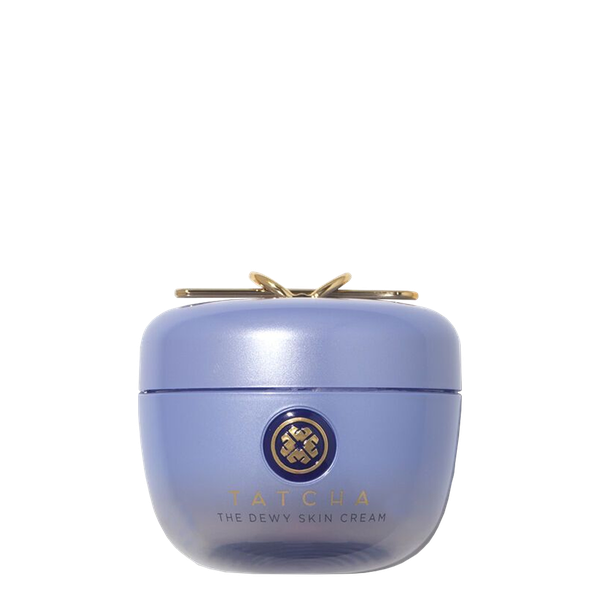
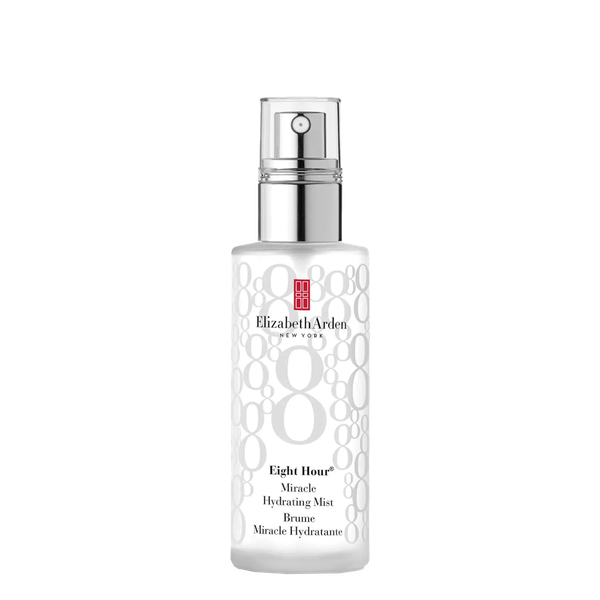
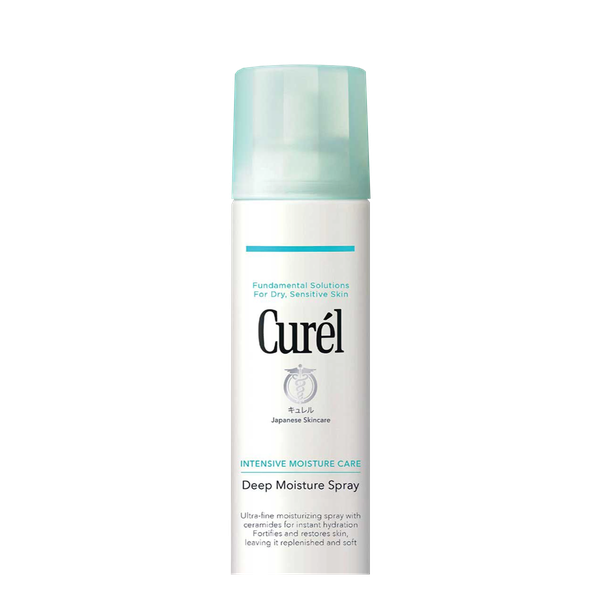
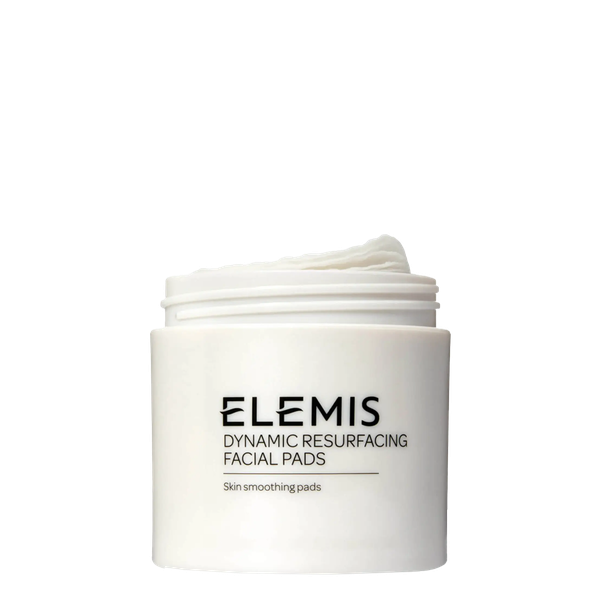
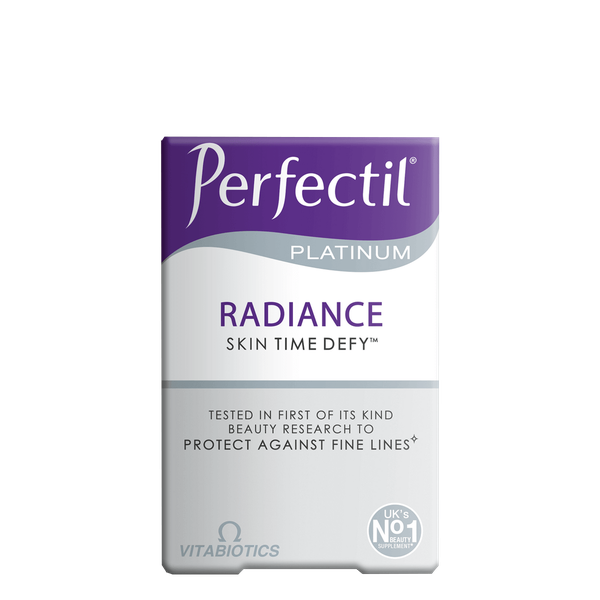
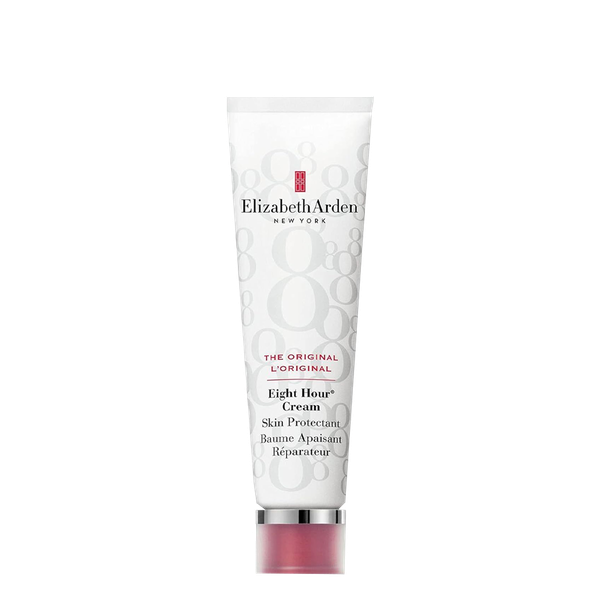
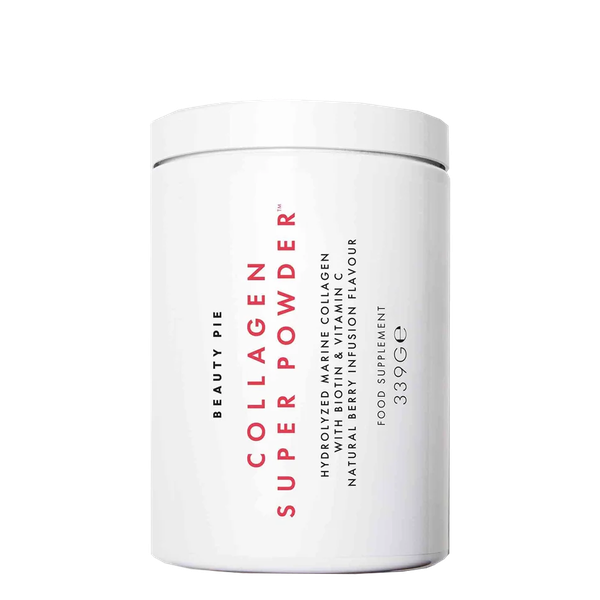
DISCLAIMER: We endeavour to always credit the correct original source of every image we use. If you think a credit may be incorrect, please contact us at info@sheerluxe.com.
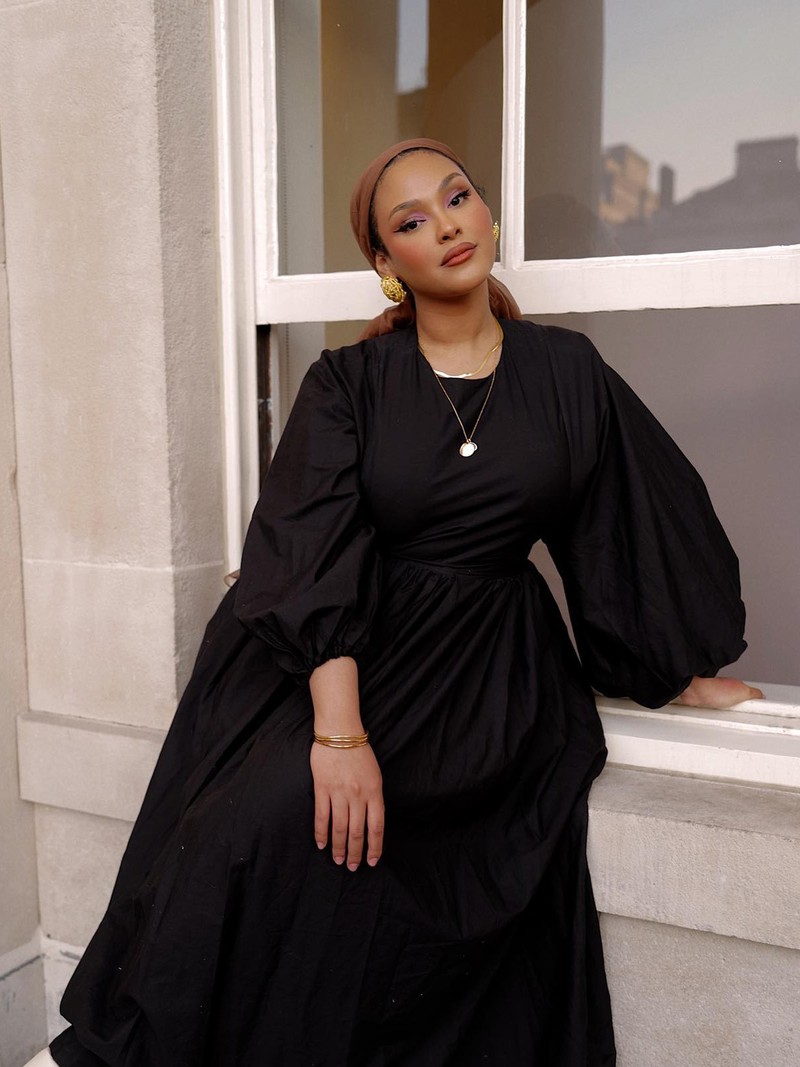
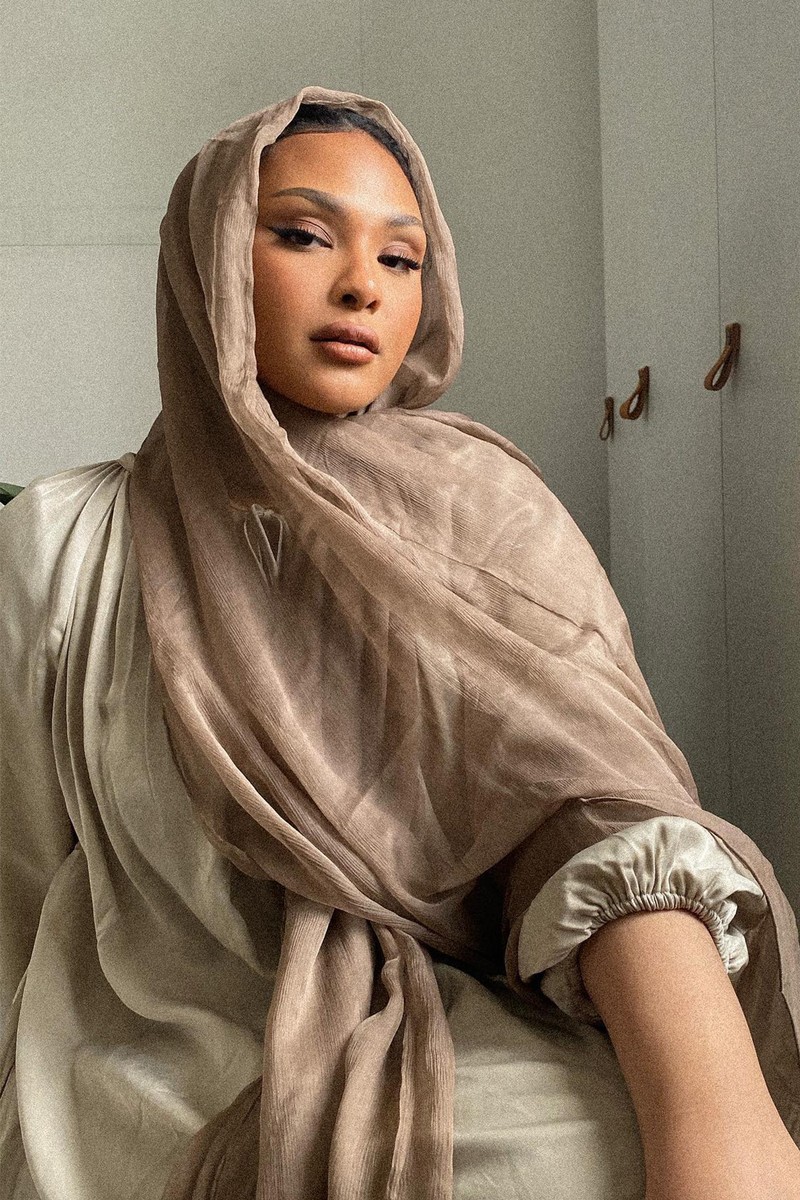
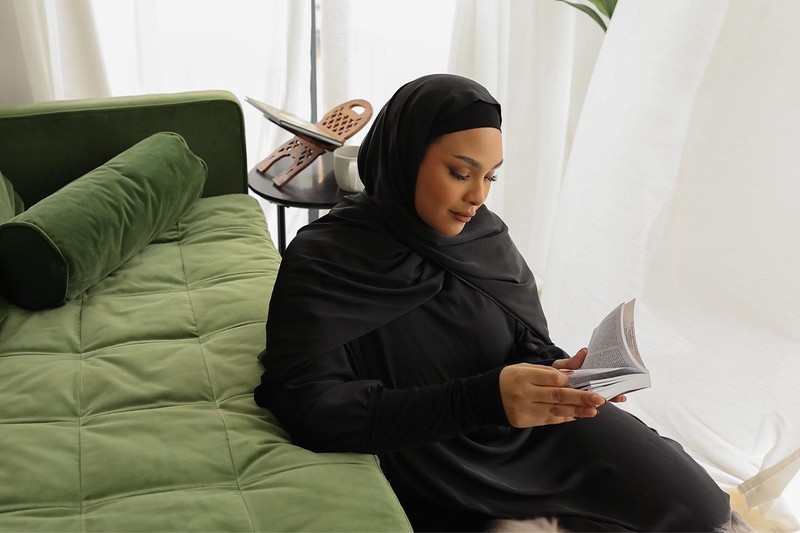
/https%3A%2F%2Fsheerluxe.com%2Fsites%2Fsheerluxe%2Ffiles%2Farticles%2F2024%2F03%2Fsl-chinutay-main.png?itok=LZZ-2A6a)
